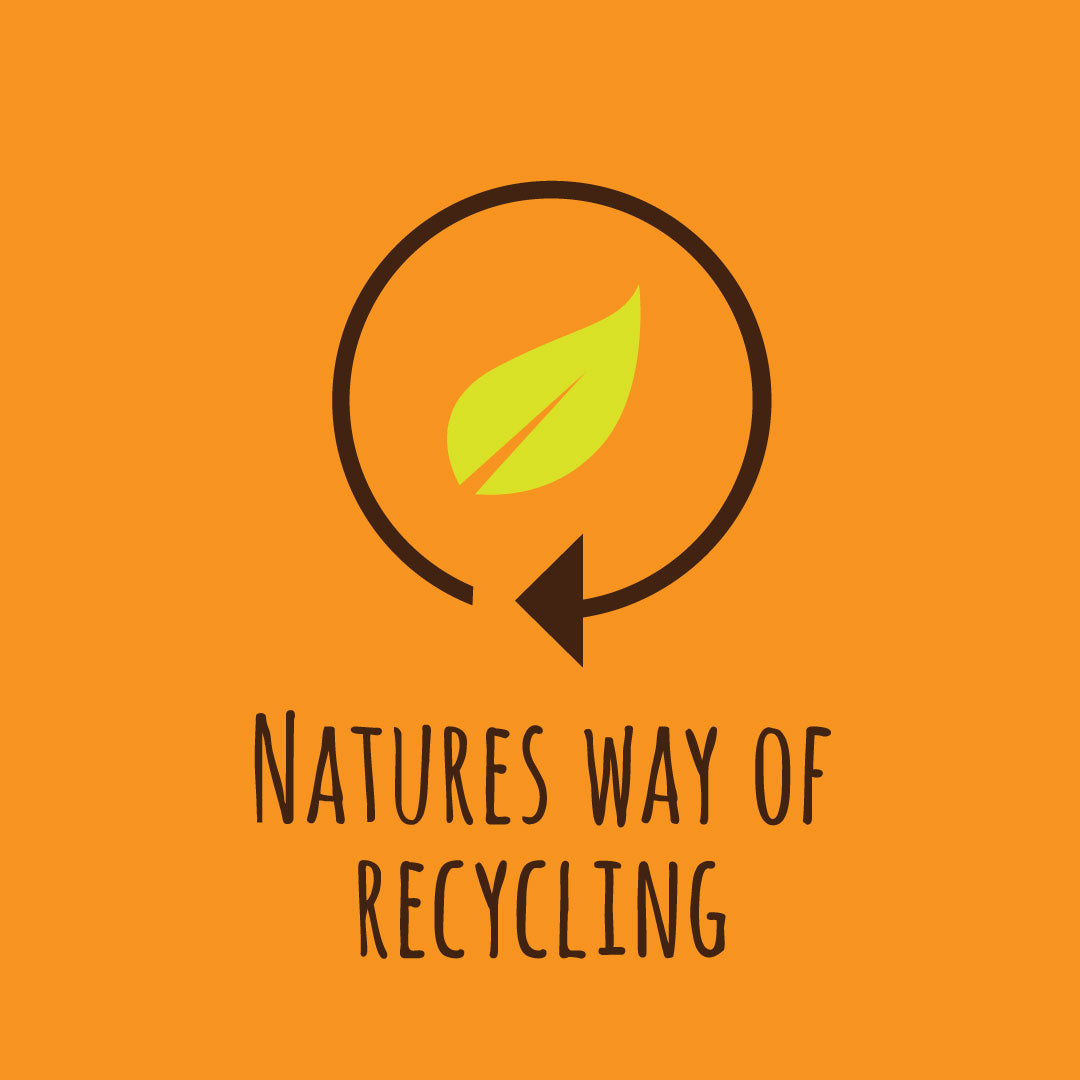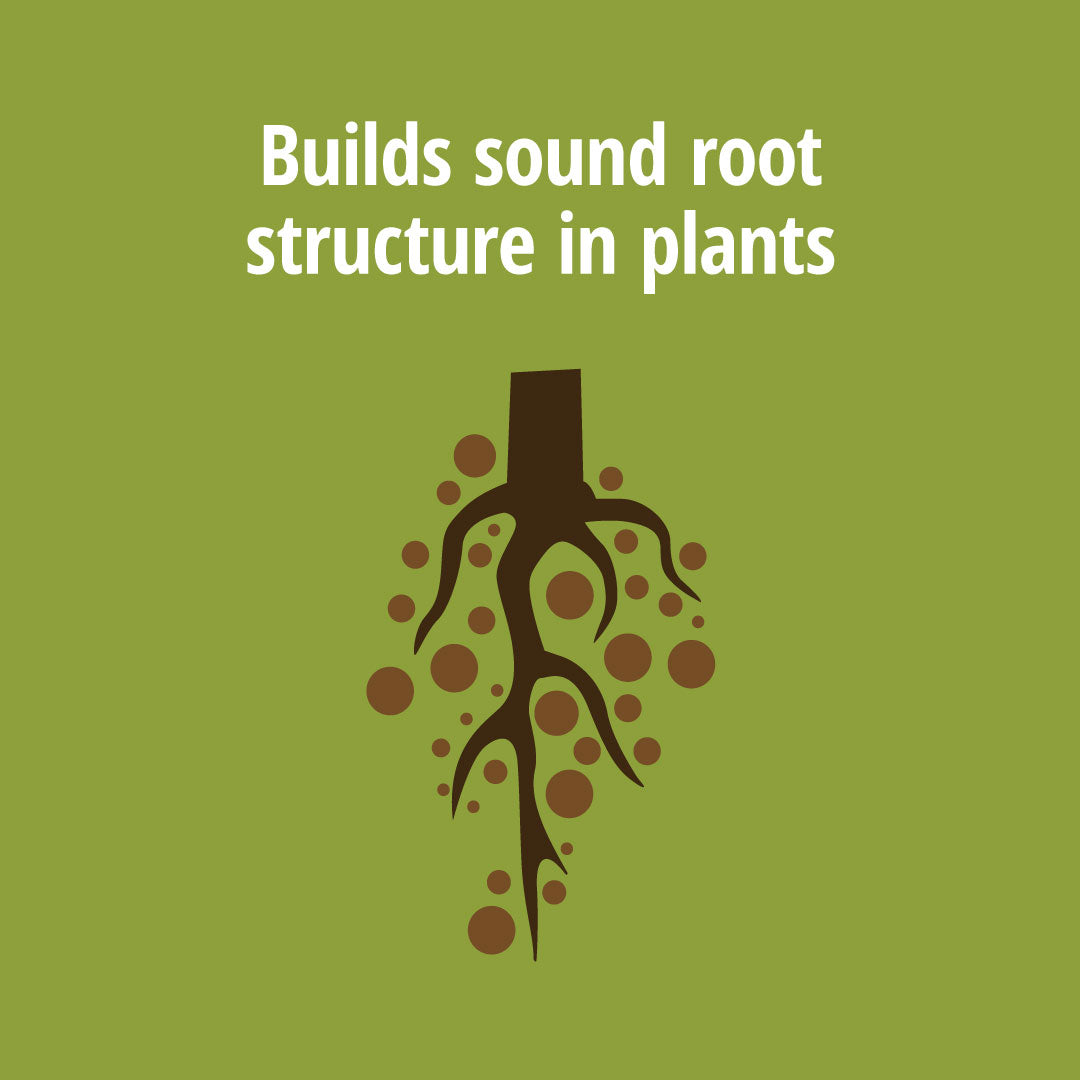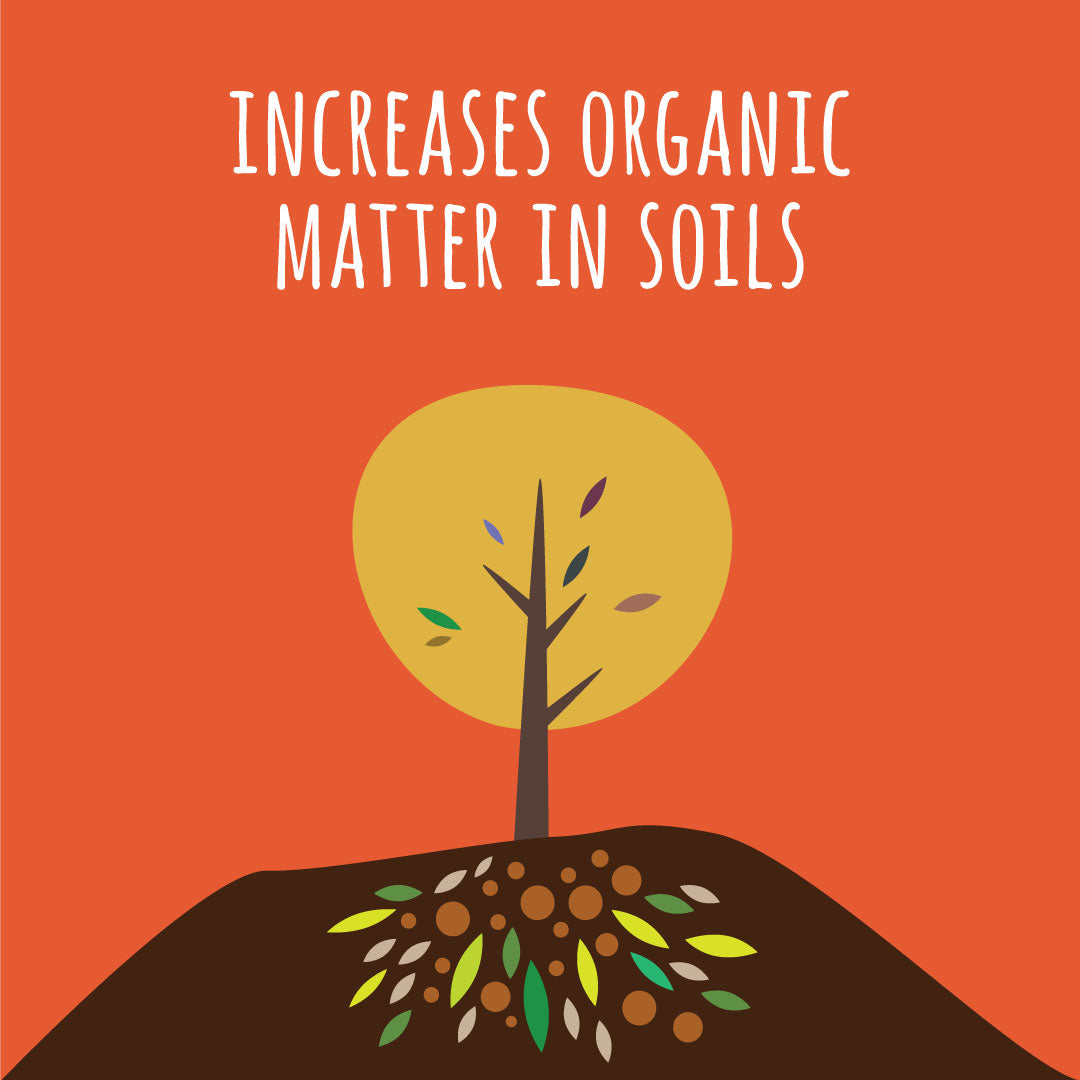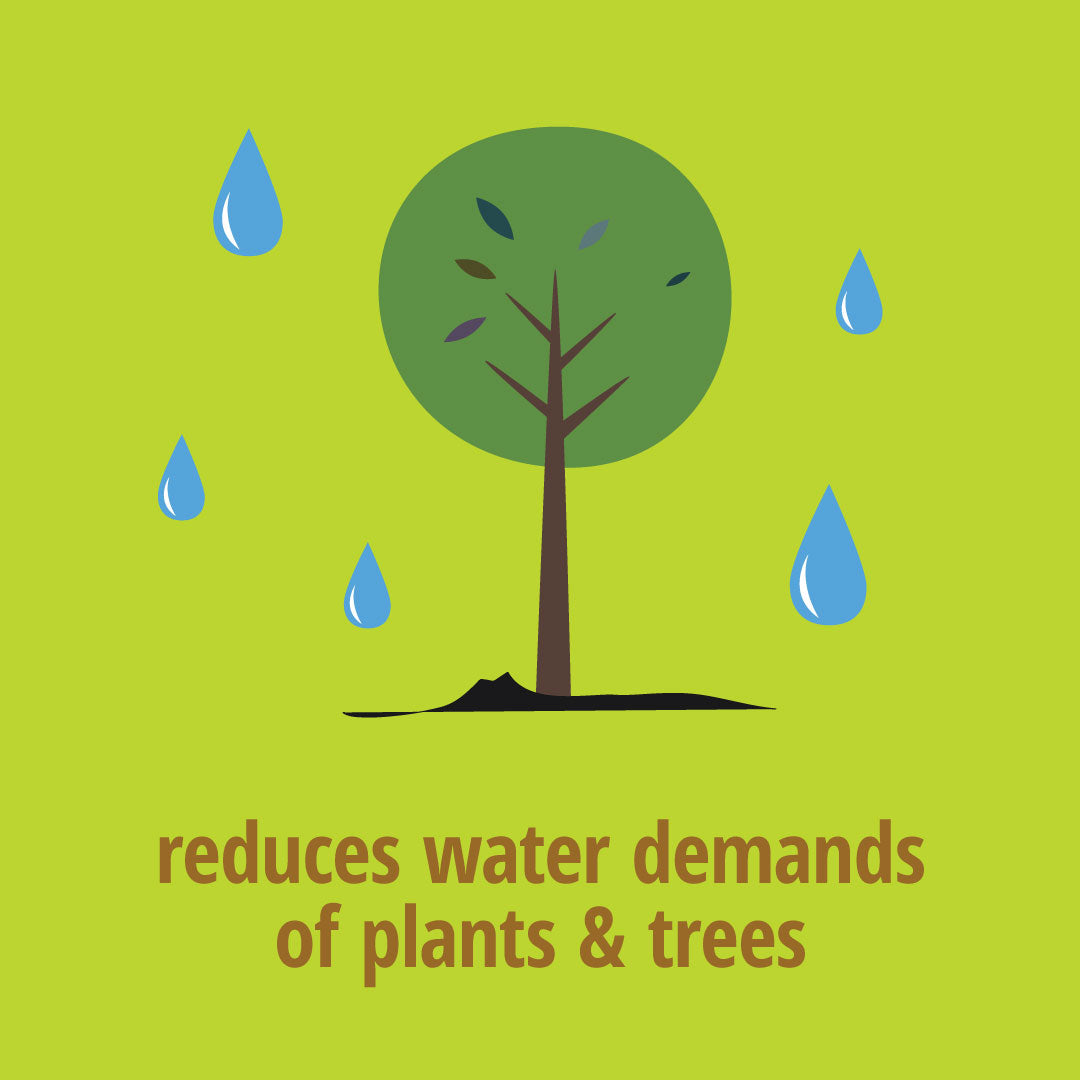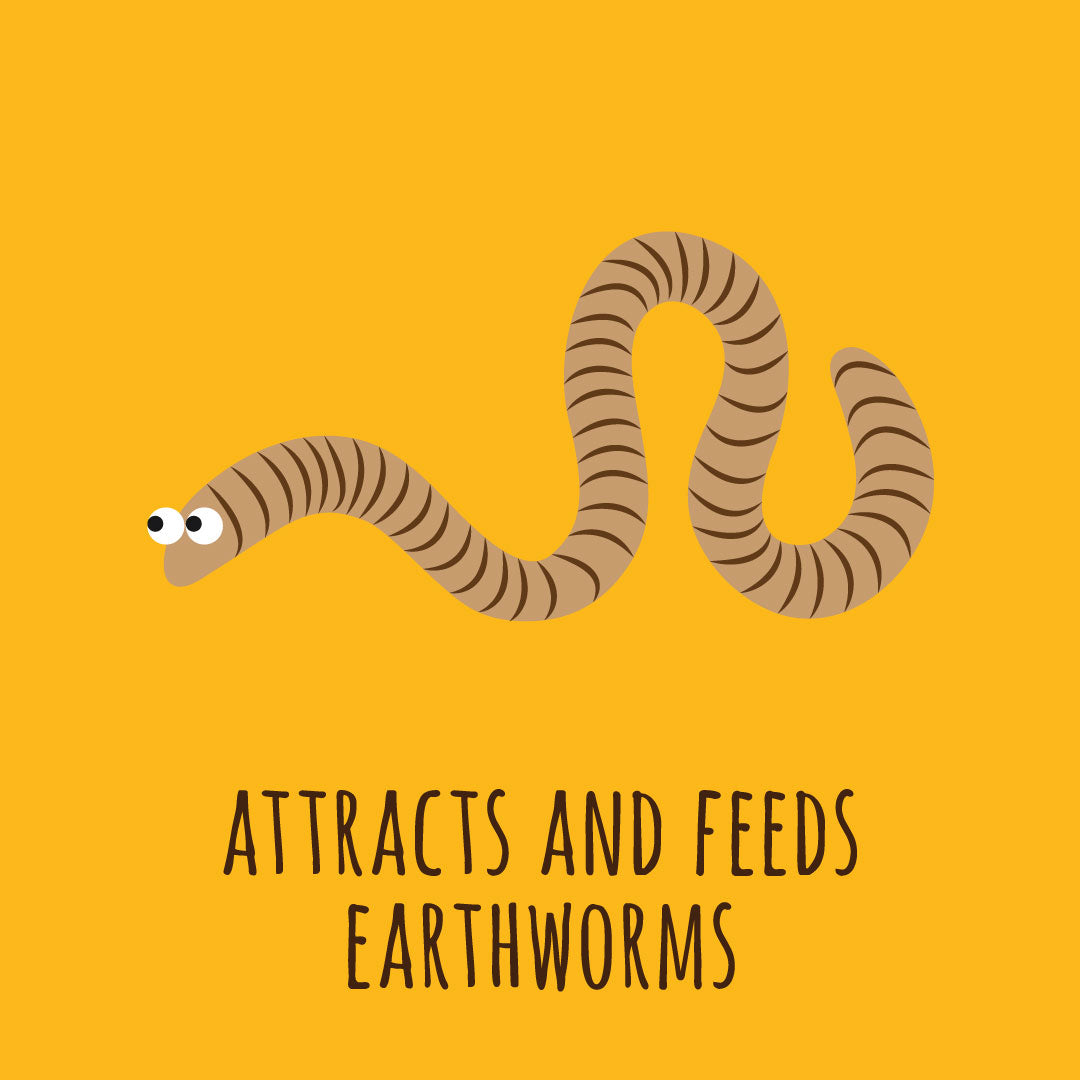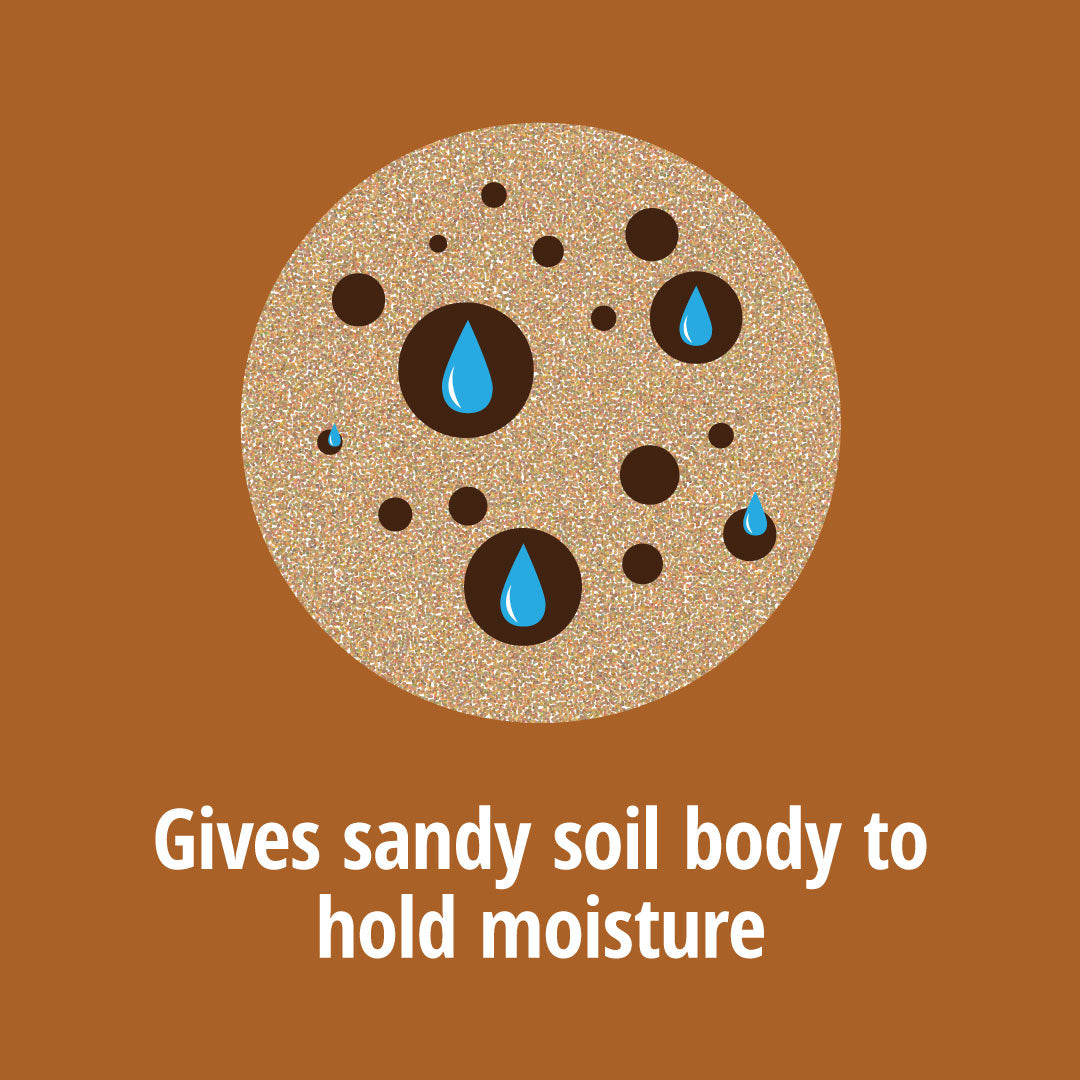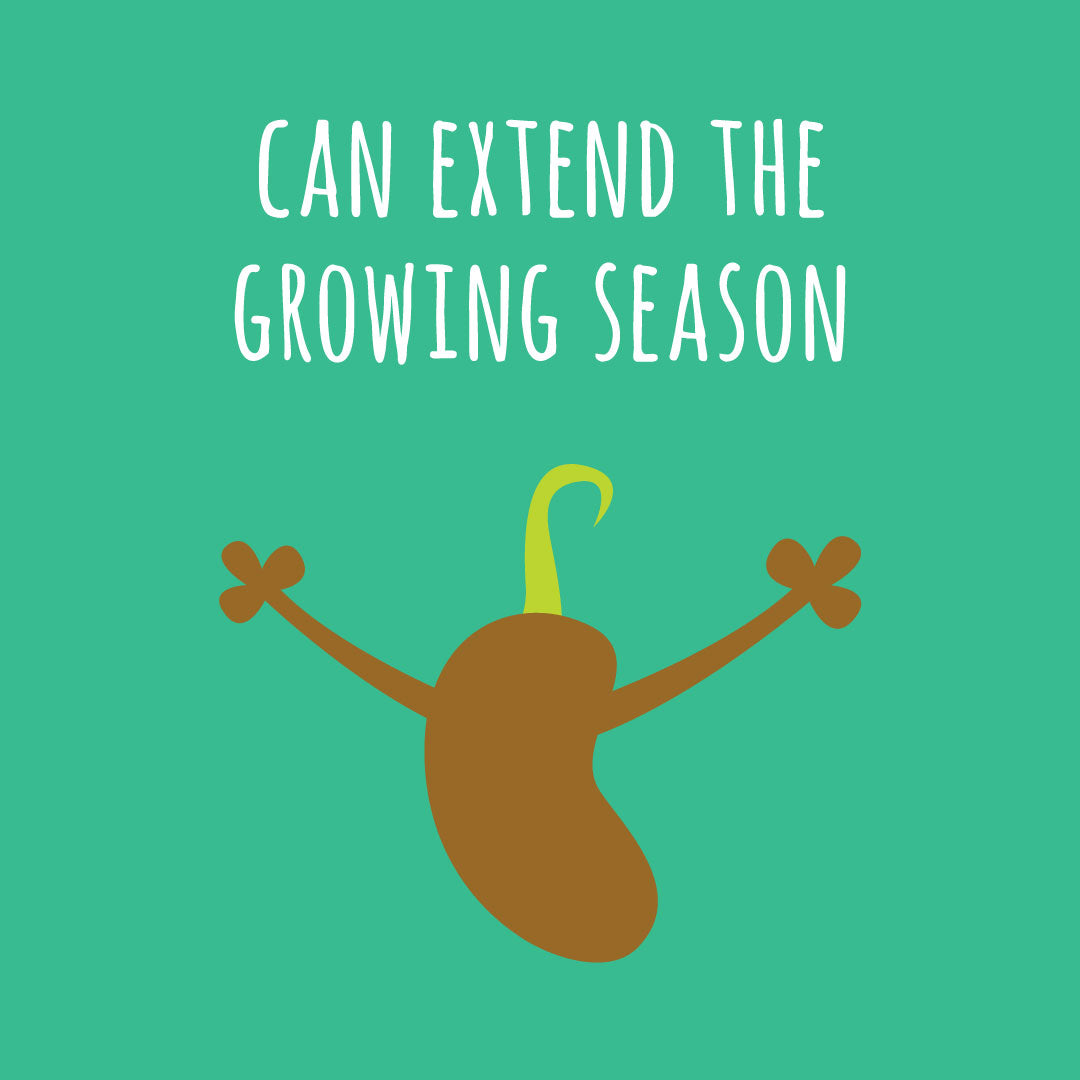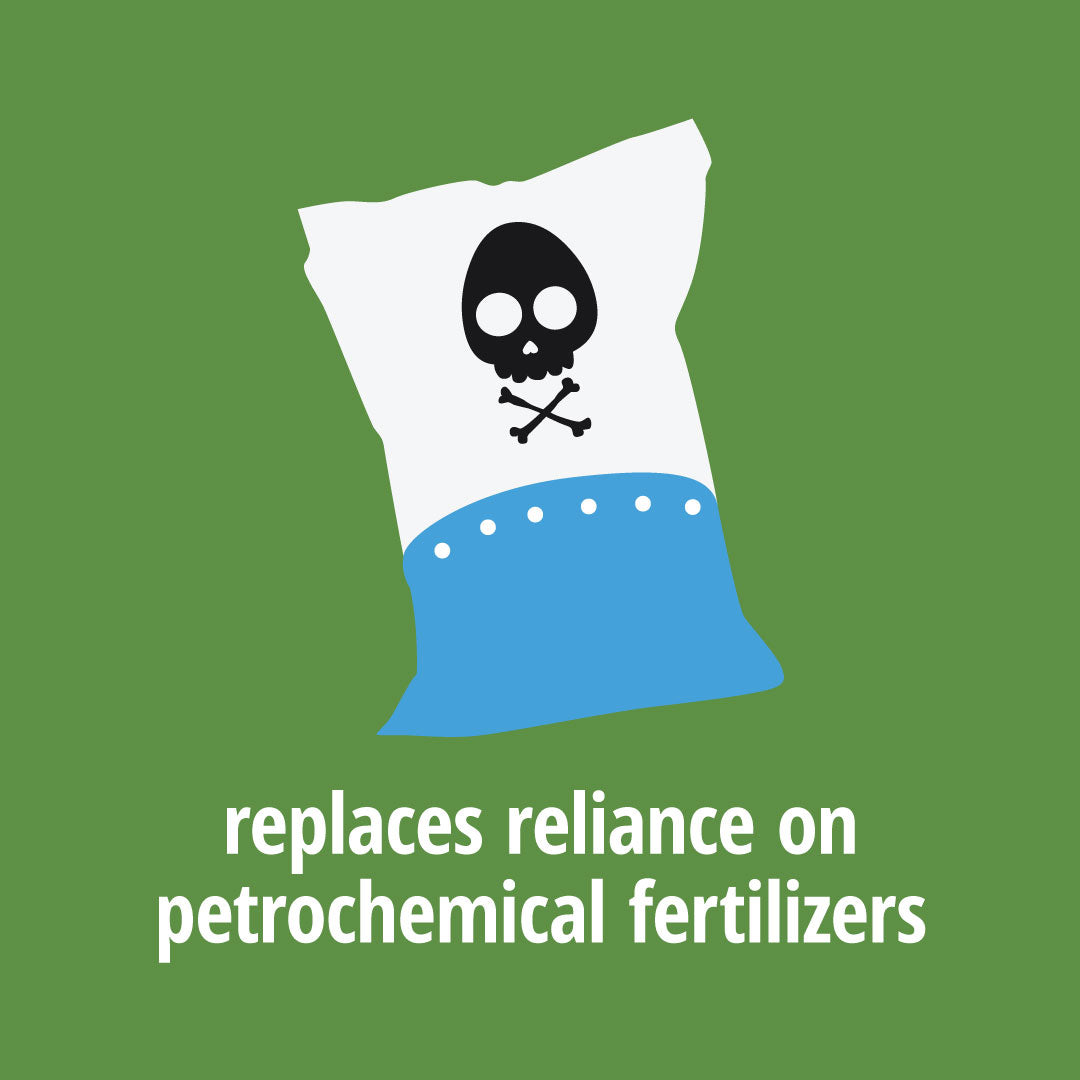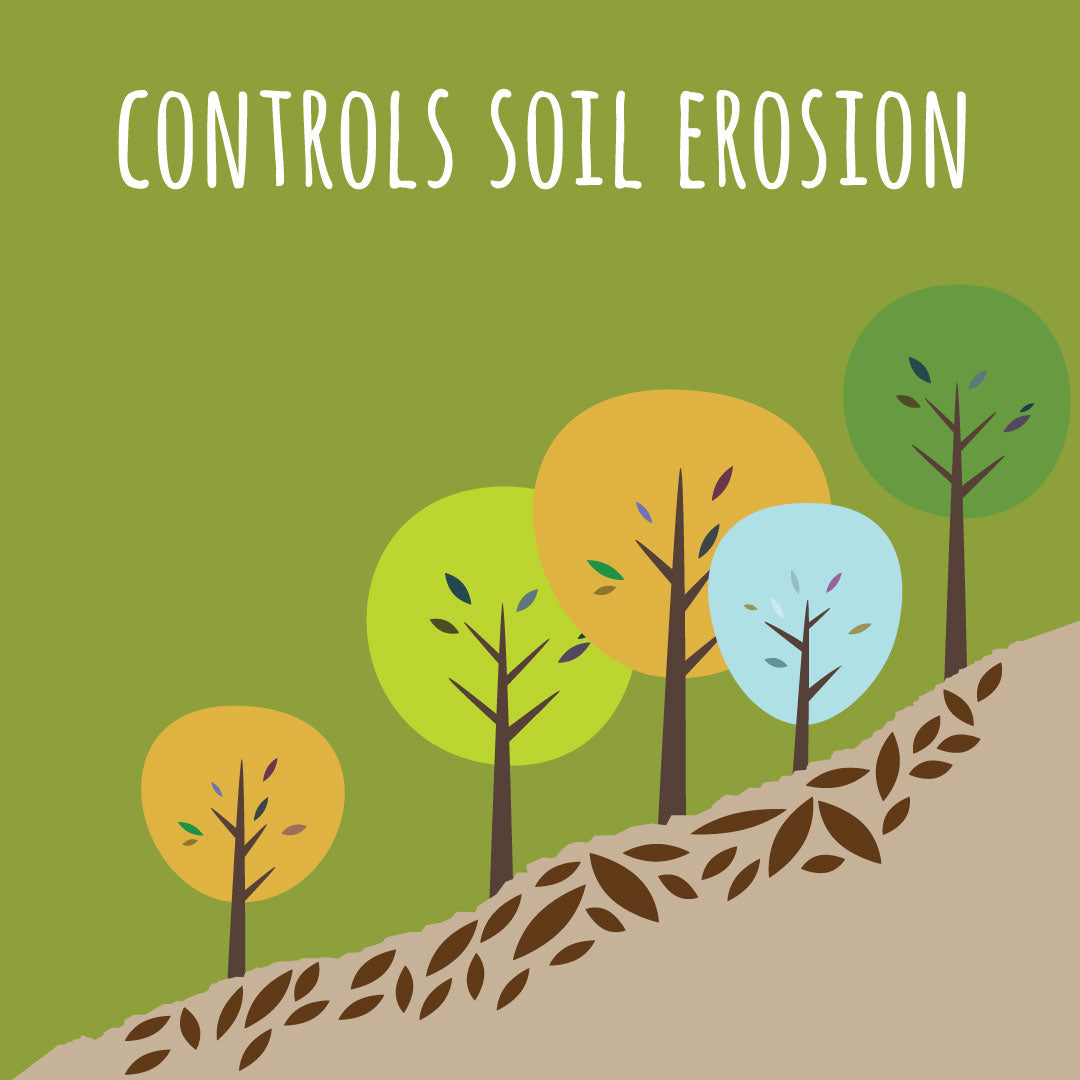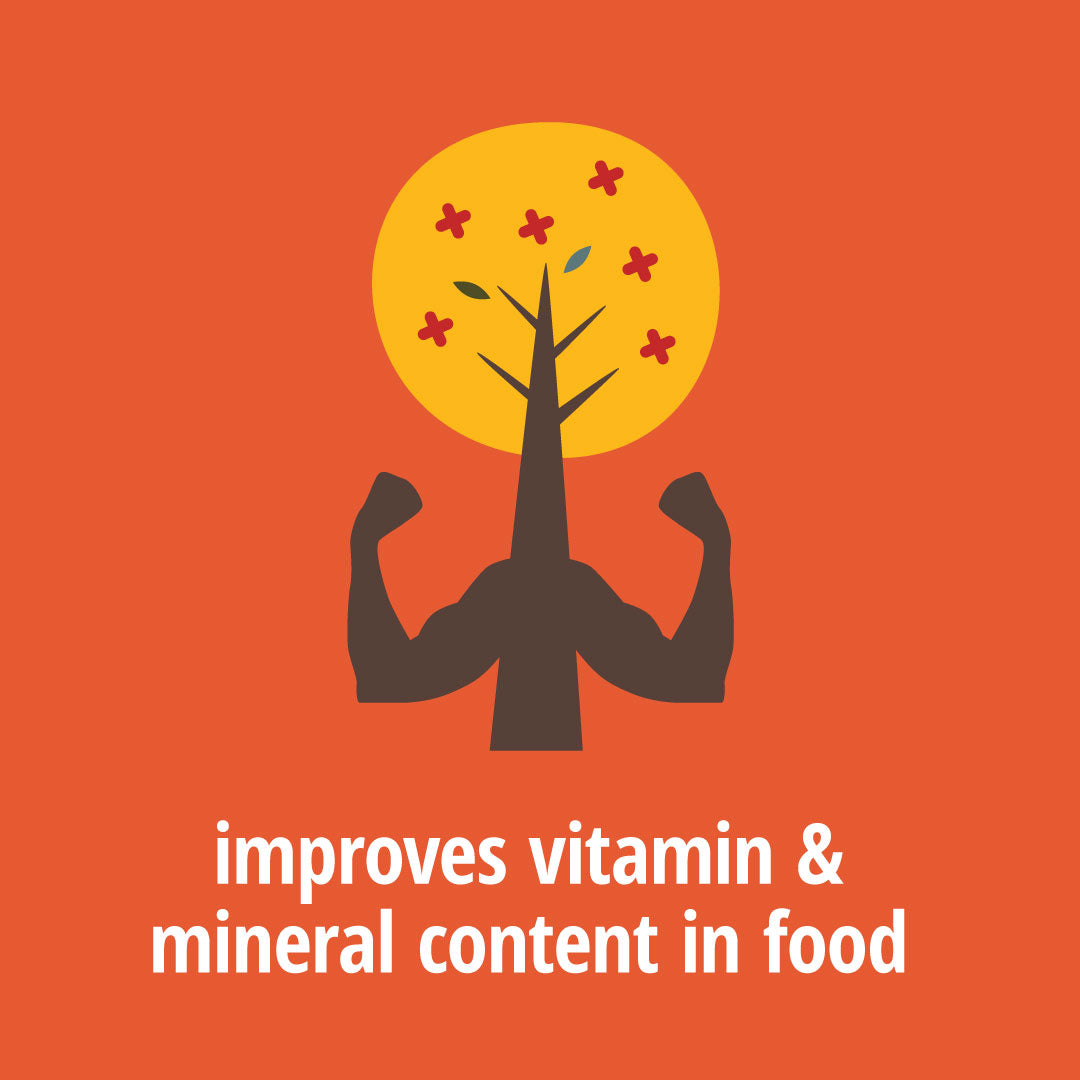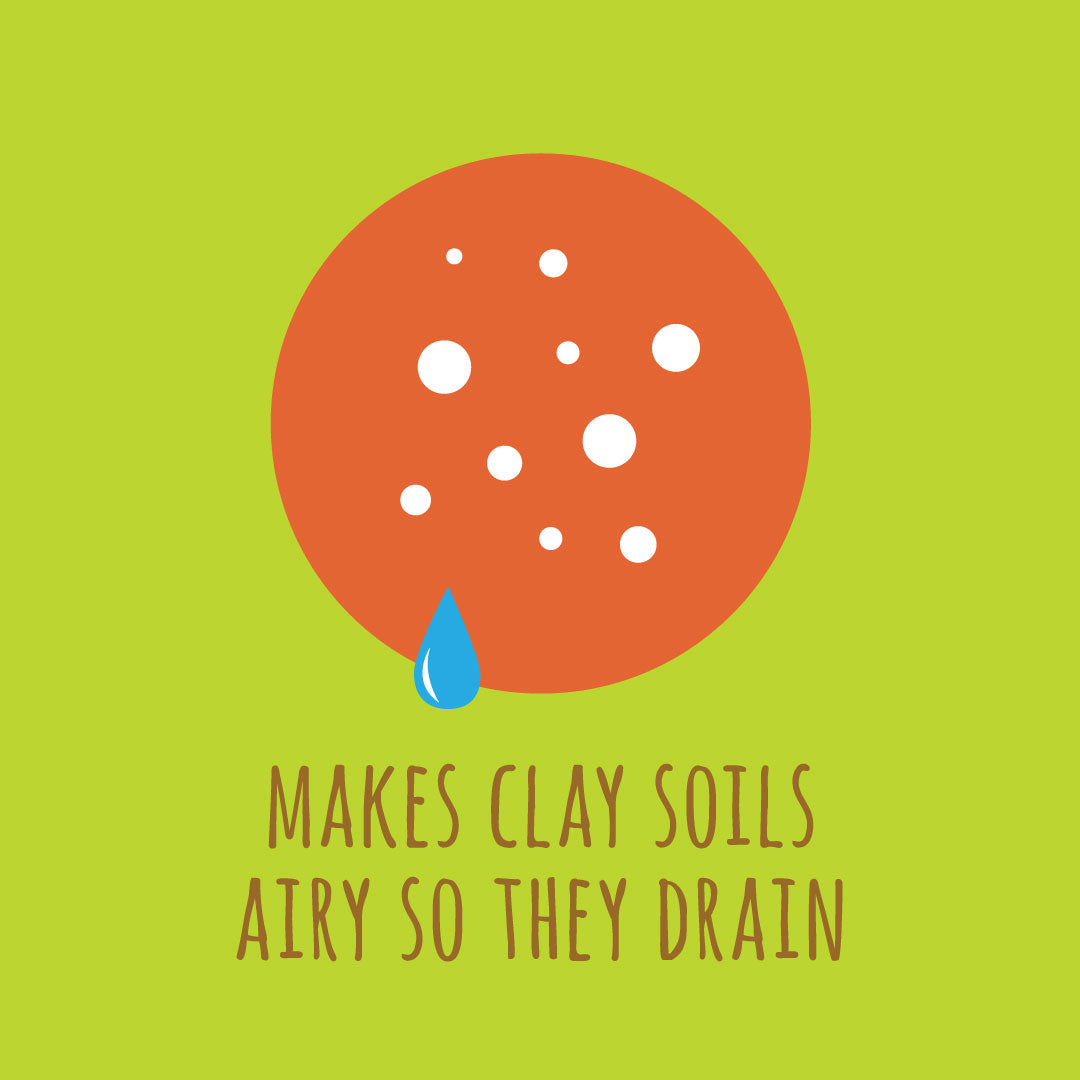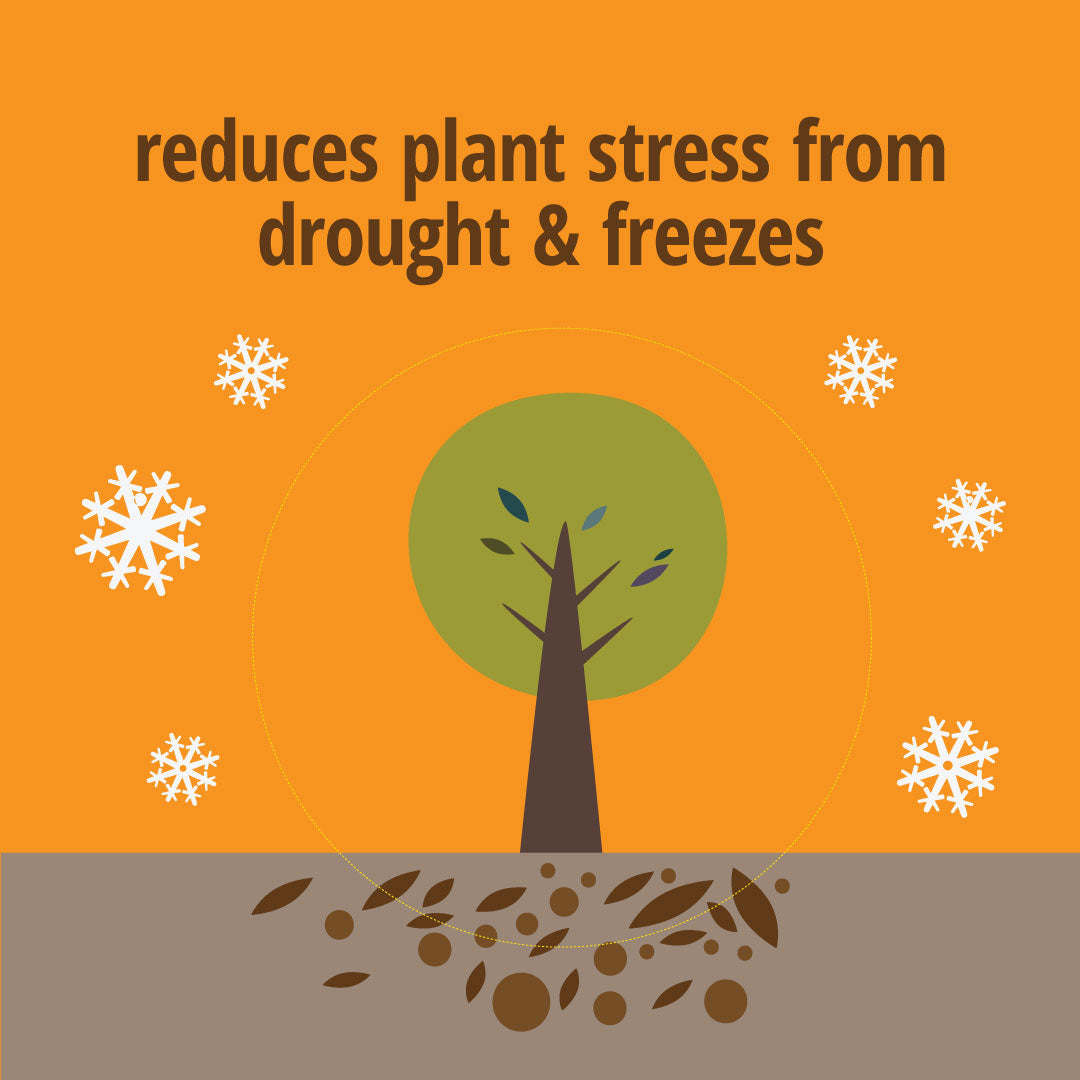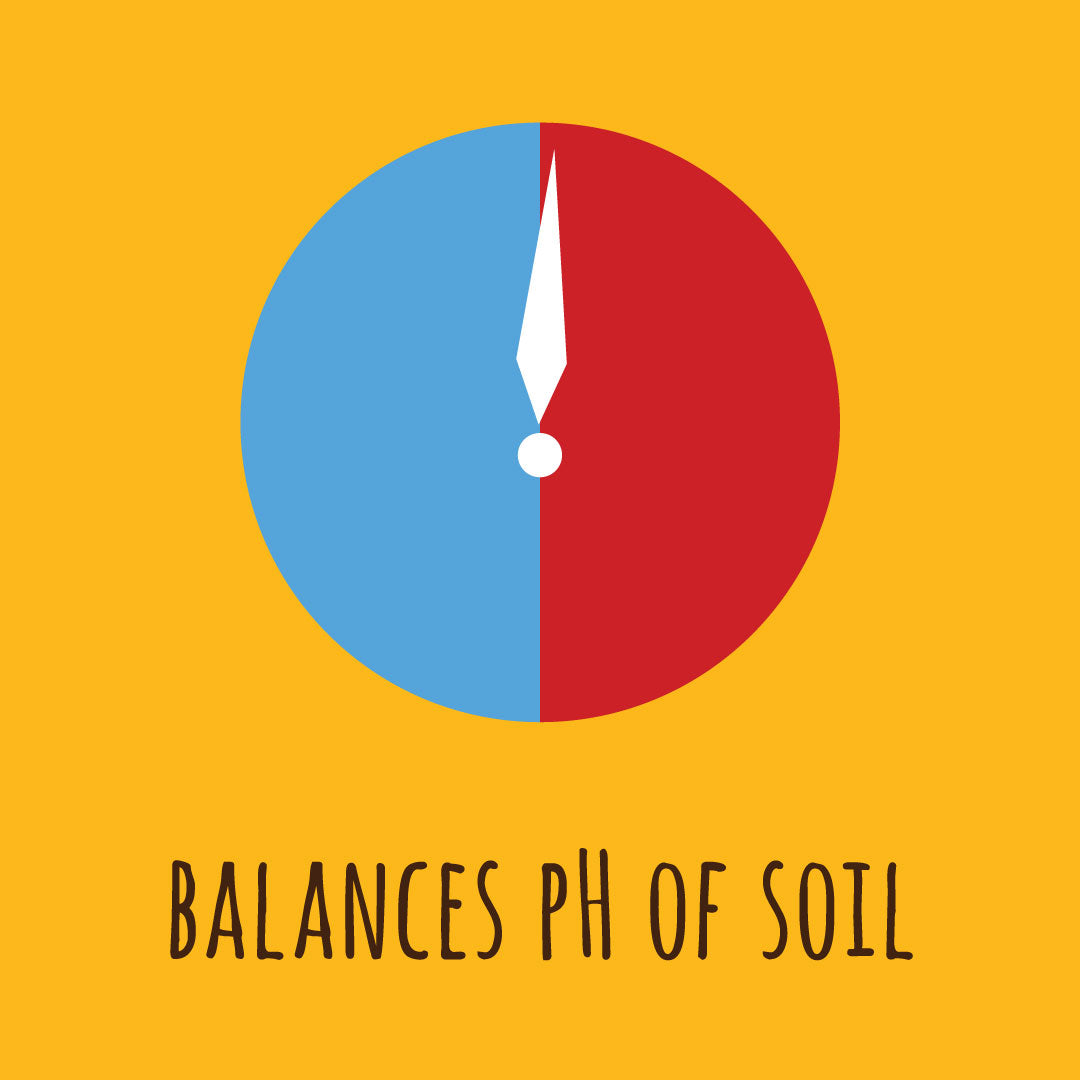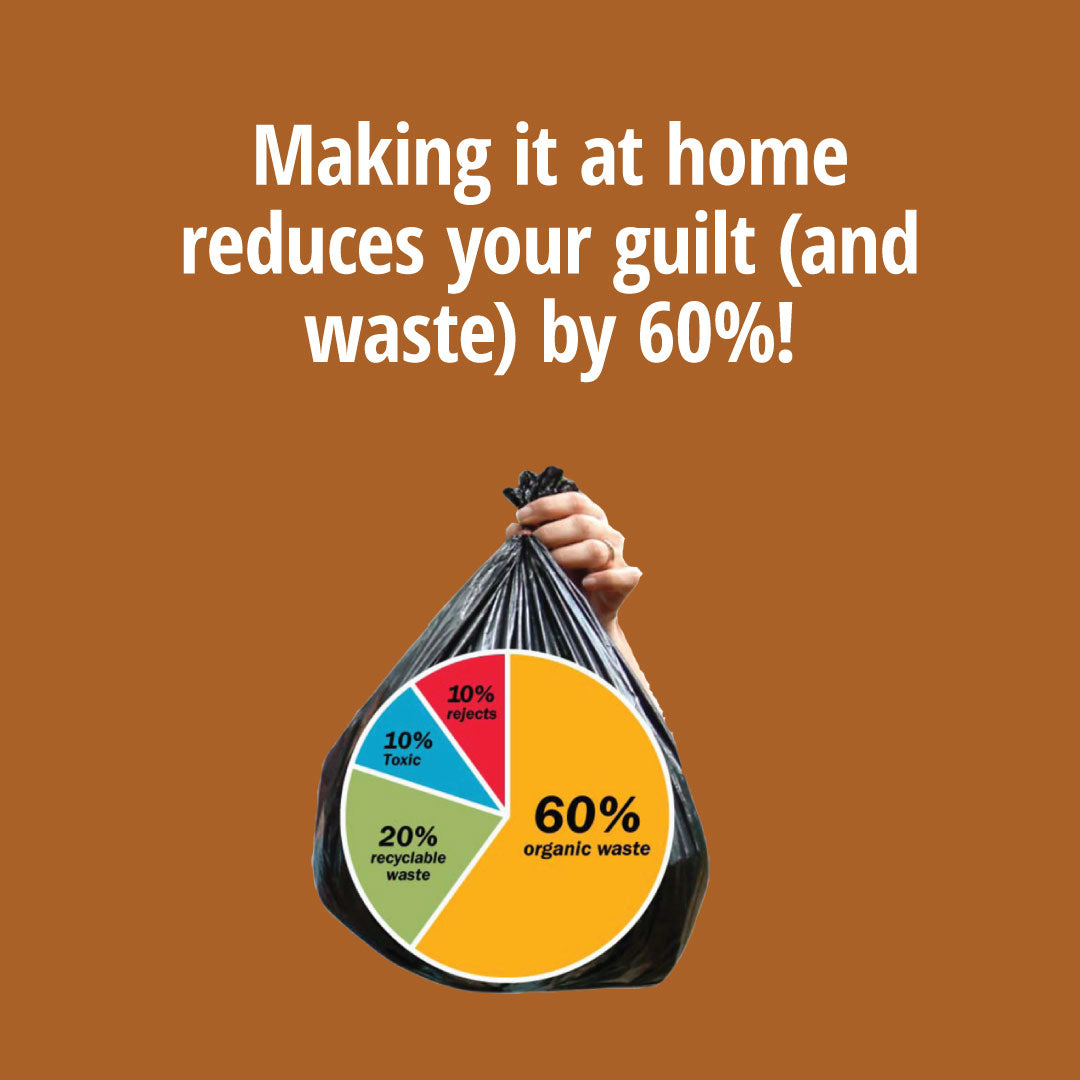What is composting?

Composting is the 'breaking down' of organic matter. This decay is a thriving process of change involving millions of organisms busily recycling organic matter & converting it into nutrient rich compost. You can easily do this at home with your daily kitchen waste!
The Composting Process
-
1. A natural process
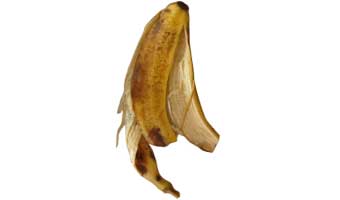
Just like a banana peel goes black over time, all organic matter decomposes under the right conditions. Decomposition is a natural process, it is natures way of recycling and is not man made.
-
2. It's full of life!
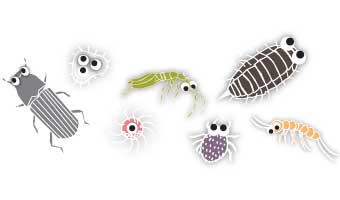
Bacteria, fungi, worms, beetles, mites, ants, lizards and more are all present and help decomposition. Time to make new friends!
-
3. Releases leachate & reduces in volume
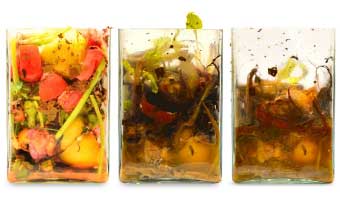
Water in the organic matter is released during decomposition. This water is called leachate. This release shrinks the volume of organic matter by at least 70%
-
4. Oxygen ensures no bad odours
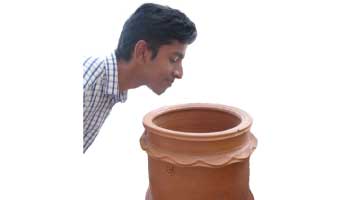
When oxygen circulates in the pile it releases carbon dioxide which is odourless. A lack of oxygen causes the release of ammonia and hydrogen sulphide which are smelly gases. Daily Dump composting is smell free as Remix powder provides air gaps for oxygen and absorbs moisture.
-
5. Generates heat
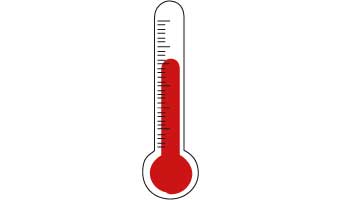
Decomposition is an exothermic reaction which means it releases energy in the form of heat. This is thanks to the millions of bacteria that work to break down organic matter into compost.
-
6. Needs the right mix
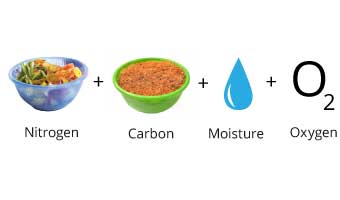
When one or more element is not in balance, aerobic decomposition is not optimal. This is when it takes longer or remains incomplete. It's just like getting the right balance of materials while cooking!
What is compost?
Decomposition of organic matter creates compost. It is dark & crumbly, smells like earth and is food for plants. We have forgotten the importance of compost in our daily lives.
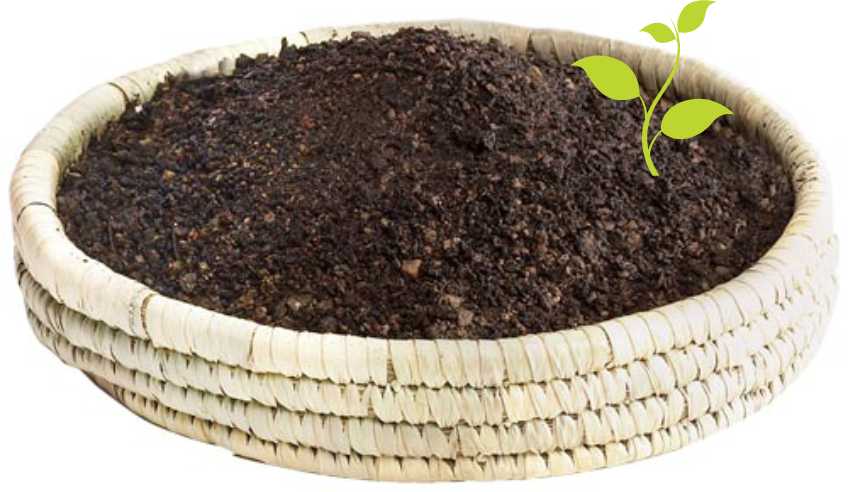
You can create organic compost at home from your kitchen waste - it is satisfying & addictive! The image above shows mature, sieved compost.
15 benefits of compost
Methods of decomposition
The three main methods of decomposition have many variations, each with its pros and cons. Daily Dump uses the aerobic composting method.

Aerobic
In the presence of oxygen

Anaerobic
In sealed spaces

Vermicomposting
Speeded up by earthworms
9 reasons to start today
-
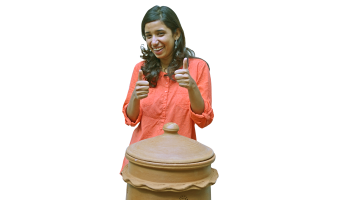
1. You don't need a PhD to do this -it's simple!
-
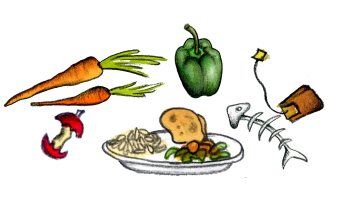
2. You have the raw materials
-
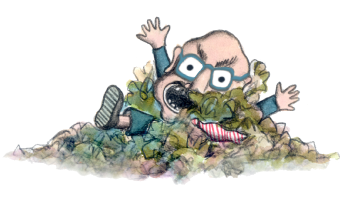
3. Reduce the strain on the public system
-
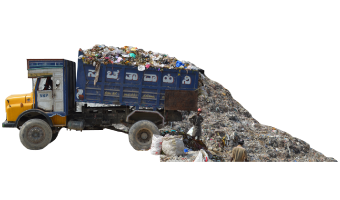
4. Organic waste does not need to travel
-
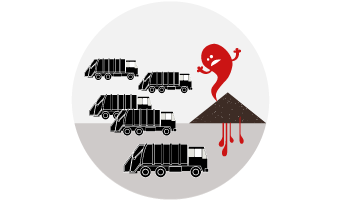
5. Mixing organic with other waste is bad for the earth
-
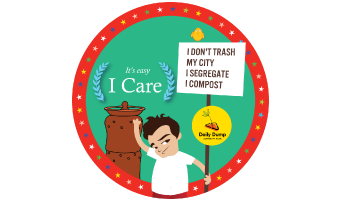
6. Responsibility + awareness + simple logic = compost at home
-

7. Help ragpickers & recyclers earn more
-
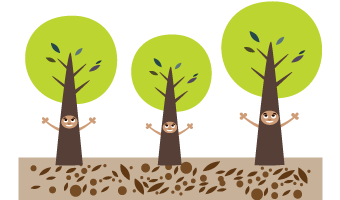
8. Compost is nutrition for the Earth
-

9. It's a great way to remember you are connected!

If decomposition is a natural process, then what is Daily Dump’s role?
We’ve been in business since 2006 and are pioneers and thought leaders of the waste industry in India.• We saw the data on waste in India as an opportunity
• We believed that Indians can actually change their behaviour!
• We design & make products that help you see & treat waste differently
• We transformed the act of throwing into a way of saving nutrition and cleaning up the city.
• Our communication material changes perceptions and mindsets
• You may have a cable connection and net connection but we offer you an ‘earth connection’ through our products. :)
How come so few people compost at home?
-
1. Most urban Indians don't know that you can compost at home!

Do you know what happens after you flush the toilet? Most municipalities also don't know the power of decentralized systems. They expect huge waste management projects to solve our exploding cities waste problems.
-
2. Our urban homes / flats today have no space for a garden pit
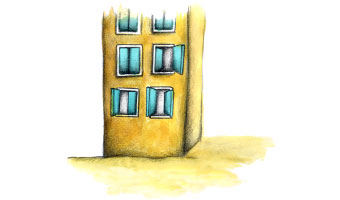
Traditional pit composting cannot fit in the city. Have you seen flats or homes designed with space for waste generation and composting?
-
3. A pit attracts rats and dogs and is difficult to access
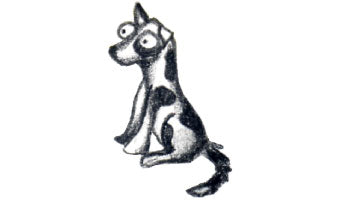
Those who have space for pits in the city do try - they complain about rats and dogs and the problem of access and maintenance. Heavy rains create a mess at pits too.
-
4. People have a fear that composting is unhygienic and pest ridden

Urban Indians who do know something about composting are convinced that its not their job - it’s the municipalities job. What they don't know is, if managed well, there are no problems like pests and smell and disease.
-
5. There was no product range that was functional and looked beautiful...
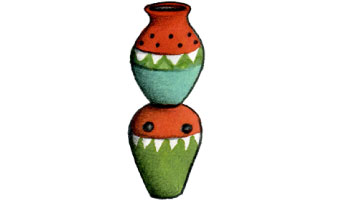
...and one that resolved odour, feeling yucky and the space problem. Now, with Daily Dump and others who are building solutions, we hope that more and more people will begin composting at home!
FAQs about Composting Basics
Answer
Composting is the decomposition of plant remains and other once-living materials to make an earthy, dark, crumbly substance that enriches soil.
It is a process of recycling your kitchen and garden wastes, and is a critical step in reducing the volume of garbage needlessly sent to landfills for disposal.
Composting is not a new idea. In the natural world, composting is what happens as leaves pile up on the forest floor and begin to decay. Eventually, nutrients from the rotting leaves are reclaimed by living roots. This completes nature’s recycling process.
Answer
It is as old as man. Some cultures practiced it more than others. In recent times its advantages have made it an important part of agricultural practice world wide. It is gaining recognition as a safe method to regenerate the earth.
Answer
Yes, because compost is nature's way of recycling nutrients.
Answer
In broad terms, there are two major kinds of food that composting microbes need: 'Browns' are dry and dead plant materials such as straw, dry brown weeds, leaves and twigs. These materials are primarily composed of chemicals that are long chains of sugar molecules linked together. Browns are a source of carbon and energy for compost microbes. 'Greens' are fresh plant materials such as green leaves and garden clippings, kitchen, fruit and vegetable scraps, coffee grounds, tea bags, etc. Compared to browns, greens contain more nitrogen which is a critical element in amino acids and proteins. So greens can be thought of as a protein source for the billions of multiplying microbes. Browns, tend to be bulky and promote good aeration. Greens, on the other hand, are typically high in moisture, and balance out the dry nature of the browns. A good mix of browns and greens forms the best nutritional balance for microbes. This mix also helps maintain aeration and moisture levels in the pile. The above explanation is a simplified way of understanding compost. For a more detailed scientific explanation see site - according to us, it explains compost very well.
Answer
Yes, compost happens faster in warm weather. Our Indian weather is ideal for composting in most parts of the country. We just have to make sure that the moisture is right in places where it gets too hot and dry
Answer
Composting helps prevent global warming by reducing emissions of methane, a powerful greenhouse gas which gets produced when organic waste decomposes when buried in landfill sites. Read a paper here that shows how composting reduces green house gases







